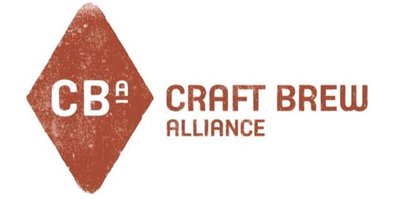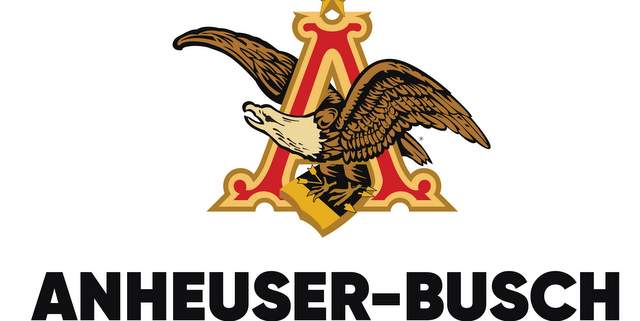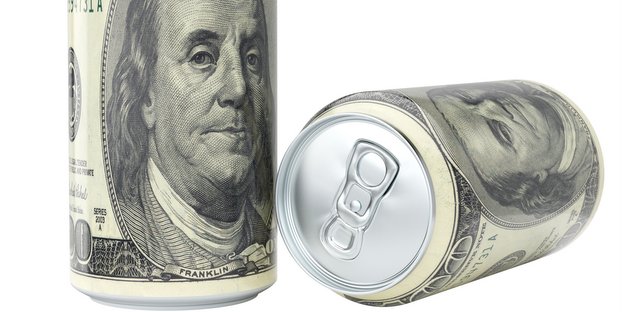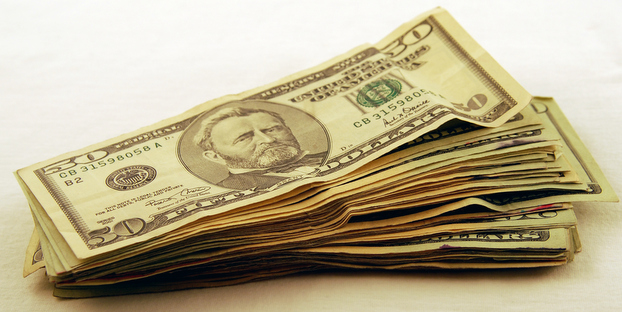
Last week, Boston investment firm Midwood Capital Management sent a letter to the board of Craft Brew Alliance basically saying it’s time to put up the For Sale sign.
Self-described as “a highly engaged shareholder of Craft Brew Alliance” and owner of around 2 percent of the company’s outstanding primary shares, making it the seventh largest investor, Midwood’s letter and ensuing public announcement were meant to show everyone that there’s a significant gap between the CBA’s public market trading price and its “intrinsic” value, which it feels is a lot higher, at least compared to the recent Boston Beer-Dogfish Head transaction.
To create real shareholder value (and get paid!), Midwood highly suggests CBA sell to its big backer and partner Anheuser-Busch InBev (ABI) or someone else. No need to play hard to get, seeing as how analysts feel AB InBev might not bite (even with a $20 million fee looming). From the press release:
Arguably, the market is significantly discounting the probability that ABI will make an offer to buy the company. We know that CBA’s leadership cannot control ABI’s willingness to execute on a Qualifying Offer. And we also know that if such deliberations were occurring now, CBA would not comment on them. Nonetheless, we believe CBA must find a buyer for the company in any scenario. If not ABI, then someone else.
Back in 2016, CBA signed new and enhanced contracts with ABI that dealt with everything from ending distribution fees to increased contract brewing. It also set up an agreed upon scenario for ABI to buy CBA outright by August 2019. Through the agreement, ABI can make a qualifying offer to acquire the remainder of CBA stock it doesn’t already own for $24.50 per share with a deadline of August 24. If it does not, CBA will keep a $20 million incentive payment for international distribution while regaining the right to sell itself to whatever company it wants — along with all the benefits of the revised contracts (like no distribution fees).
Midwood argues that the intrinsic value of CBA’s Kona beer brand alone “should approach the current Qualifying Offer threshold of $24.50 per share as illustrated in [this table].” ABI currently owns a 31.6 percent stake in CBA.
Kona has certainly been CBA’s highlight beer brand, but it’s CBA’s other craft brands that are flattening growth. CBA-owned Widmer Brothers and Redhook are casualties of the first craft era with sales and distribution shrinking and breweries and brewpubs shuttered. CBA has taken on more cost recently with the complete acquisitions of Appalachian Mountain Brewery, Cisco Brewers and Wynwood Brewing Co. Oh, and let’s not forget that nasty unexpected class action lawsuit against Kona for $4.7 million via people claiming deceptive marketing, thinking Kona was brewed in Hawaii (it’s not). CBA chose to settle.
The purchase should also trigger an official Department of Justice review. Per ABI’s agreement that allowed the company to buy SABMiller, ABI also agreed to allow the DOJ to investigate future purchases of craft breweries as a safety measure so ABI does not monopolize the American beer market. In 2018, ABI controlled 40.8 percent of the American beer market, according to industry data from the National Beer Wholesalers Association. In 2018, CBA was the 12th largest brewery in America by sales volume, according to the Brewers Association.
Its easy to make cases for ABI to buy and not buy CBA. Here are the highlights from Midwood’s letter, credited to David Cohen, portfolio manager and managing member, which shine a light on the company’s numbers.
- CBA also had — and continues to have — its challenges. Specifically, the company’s consolidated revenue growth was poor as two major brands — Widmer Brothers and Redhook — experienced significant volume declines. Additionally, the company faced (and continues to face) structural challenges in terms of its profitability due to its scale (as well as business mix with the Pub segment) with gross and EBITDA margins well below peers.
- Revenue growth has remained muted, growing at an average annual rate of less than 1% over the past two years.
- Kona’s growth has remained impressive, but Widmer and Redhook continue to drag on total revenue given their volume declines. And operating income in 2018 was essentially the same as operating income in 2014.
- With the clock ticking on the August 2019 deadline for ABI to make a Qualifying Offer under the 2016 framework, stock price has declined 8 percent since the beginning of 2017.
- Despite Kona’s virtues as a brand and its solid growth, the intrinsic value of this highly attractive asset will not be recognized by the public market with CBA as a stand-alone company.
- The intrinsic value of Kona alone — excluding all other CBA brands — should approach the current Qualifying Offer threshold of $24.50 per share as illustrated in this table.
- In terms of estimating private market value, the May 9 transaction between The Boston Beer Co. and Dogfish Head Brewery is a good example. At the announced transaction price of $300 million, Boston Beer is paying $1,000 per barrel and 2.6x sales based on estimated 2019 volume. In comparison, the public market is valuing all of CBA at $435 per barrel and 1.5x forward sales — a monumental discount.
- With the current Qualifying Offer threshold of $24.50 per share, Midwood argues that it would be difficult to find a shareholder who would hold out for more than that price with the stock currently trading at a far lower price.

Looking at the company’s alternatives, Midwood summed up by saying:
If ABI wishes to make a Qualifying Offer, we believe CBA’s board should absolutely accept it. And in our view the board should do whatever it can to facilitate ABI making an offer. If ABI chooses not to make a Qualifying Offer, we believe there is considerable downside for the stock. In this event we believe the board should immediately announce a strategic alternatives process with a plan to sell the company. And while the board may be inclined to be reticent about such a path, we believe in this case that making an explicit announcement would be warranted.
Read the entire letter right over here.





Leave a Reply
You must be logged in to post a comment.